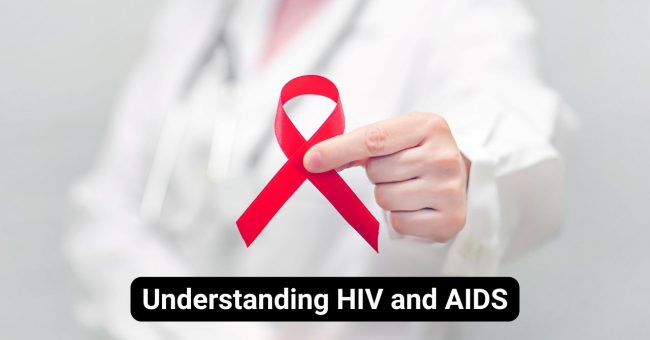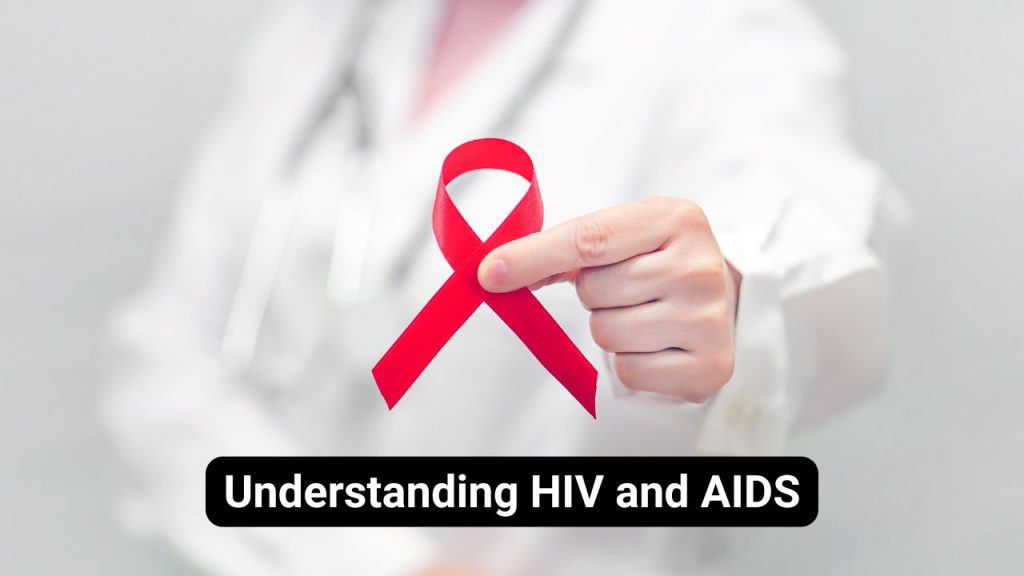
Despite decades of research, awareness campaigns, and medical advancements, HIV and AIDS remain widely misunderstood. This post aims to break down the basics—what HIV is, how it affects the body, and how it’s different from AIDS—so that we can build a solid foundation for the rest of our series.
What is HIV?
HIV stands for Human Immunodeficiency Virus. It’s a virus that attacks the body’s immune system, specifically the CD4 cells (T cells), which help the immune system fight off infections. Left untreated, HIV reduces the number of these cells, making a person more vulnerable to infections and certain cancers.
What is AIDS?
AIDS stands for Acquired Immunodeficiency Syndrome. It’s the most advanced stage of HIV infection and occurs when the immune system is severely damaged. A person is diagnosed with AIDS when their CD4 cell count drops below a certain level or when they develop one or more opportunistic infections or cancers that occur more frequently or are more severe in people with weakened immune systems.
Important: Not everyone with HIV will develop AIDS. With proper treatment, most people living with HIV never reach this stage.
How HIV Affects the Body
When someone contracts HIV, the virus begins to multiply and destroy CD4 cells. Over time, this weakens the immune system, and without treatment, it can no longer protect the body from infections or diseases. However, with early diagnosis and consistent treatment, people living with HIV can lead long, healthy lives.
HIV is Not a Death Sentence
One of the biggest misconceptions about HIV is that it’s a death sentence. Thanks to modern medicine—particularly antiretroviral therapy (ART)—HIV can now be managed as a chronic condition. ART reduces the amount of virus in the body (viral load) to undetectable levels, which means:
- The virus can’t damage the immune system
- The person can stay healthy
- HIV cannot be transmitted to sexual partners (this is known as U=U: Undetectable = Untransmittable)
Myths and Facts About HIV and AIDS
| Myth | Fact |
|---|---|
| HIV can be spread through casual contact (hugging, shaking hands, sharing utensils) | HIV is not spread through casual contact |
| Only certain groups of people get HIV | Anyone can get HIV, regardless of age, gender, or orientation |
| You can tell if someone has HIV by looking at them | You cannot tell by appearance—testing is the only way to know |
| HIV always leads to AIDS | With treatment, many people with HIV never develop AIDS |
Why This Knowledge Matters
Understanding the difference between HIV and AIDS helps reduce fear and misinformation. It empowers people to get tested, seek treatment, and treat others with compassion. Knowledge is the first step in ending both the virus and the stigma.
Coming Next: How HIV Spreads and How It Doesn’t
In the next post, we’ll talk about how HIV is transmitted—and just as importantly, how it’s not—to clear up common misconceptions and promote safer practices.


